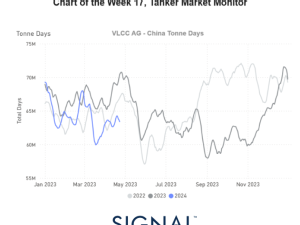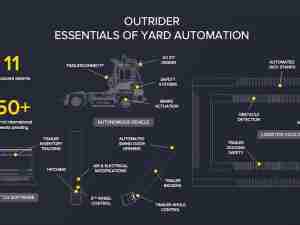FTR reports preliminary net trailer orders for April sunk to the lowest level in the modern era (since 1990) coming in at just 300 units. April order activity was -95% m/m and -98% y/y. Trailer orders for the past twelve months now total 162,000 units.
The severe recessionary conditions caused many fleets to pull back on orders previously scheduled for 2020 delivery and place very few new orders. The dry van segment was hit particularly hard and refrigerated van orders suffered some as well. Vocational orders remained tepid after falling significantly in March. Some specialty segments are holding up better under the stress. Numerous OEM plants were shut down for part of April; some for health reasons, some for lack of orders and some for a combination of the two.
Don Ake, FTR vice president of commercial vehicles, commented, “Fleets remain in a severe wait-and-see posture until they can evaluate the damage done to the freight markets from the pandemic. Since the recovery from the economic crisis is highly dependent on the status of the health crisis, there is a huge amount of uncertainty in the trailer market. Buying activity appears to be on hold until the fleets can see a clear path forward. The bigger fleets will resume replacing old trailers as soon as they see the economic restrictions lifted and freight growing again.”
“The key element to the trailer market recovery is for fleet confidence to improve. Carriers saw freight softening at the beginning of the year and then it cratered due to the recession caused by COVID-19. There are still way too many uncertainties present for fleets to buy new trailers in large numbers. They will take the minimum number of trailers needed in the short-run and then increase quantities dependent on the speed and size of the recovery. Orders should improve soon, but are expected to remain modest for the next few months.”








